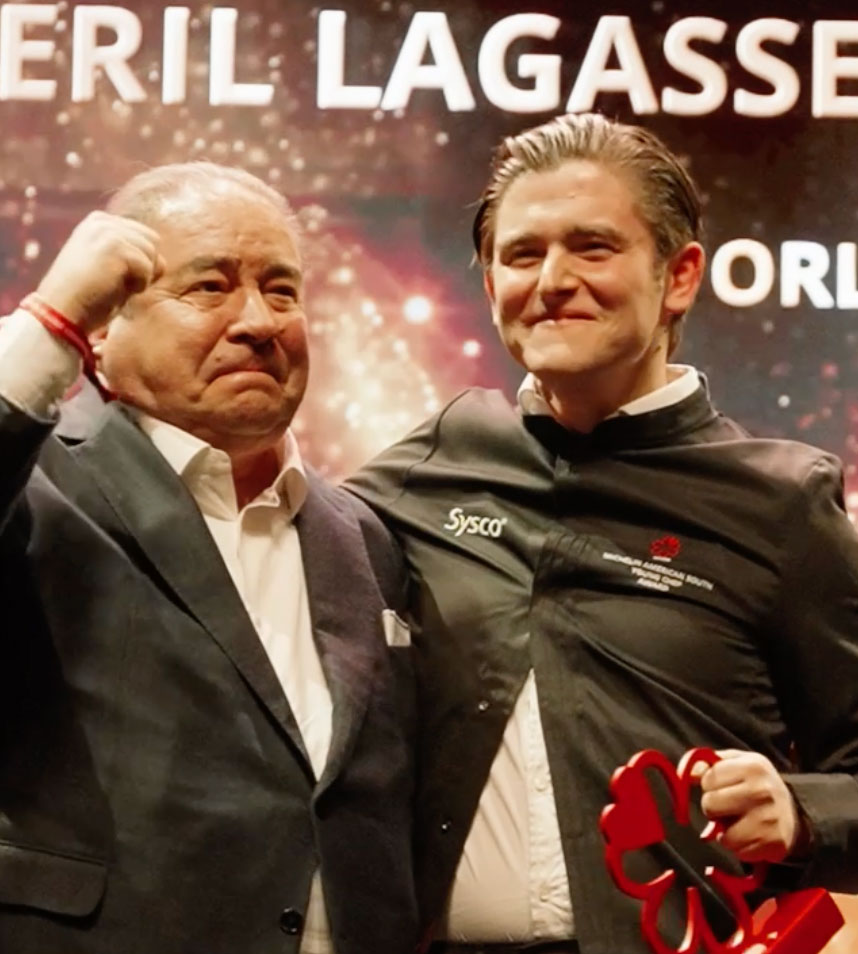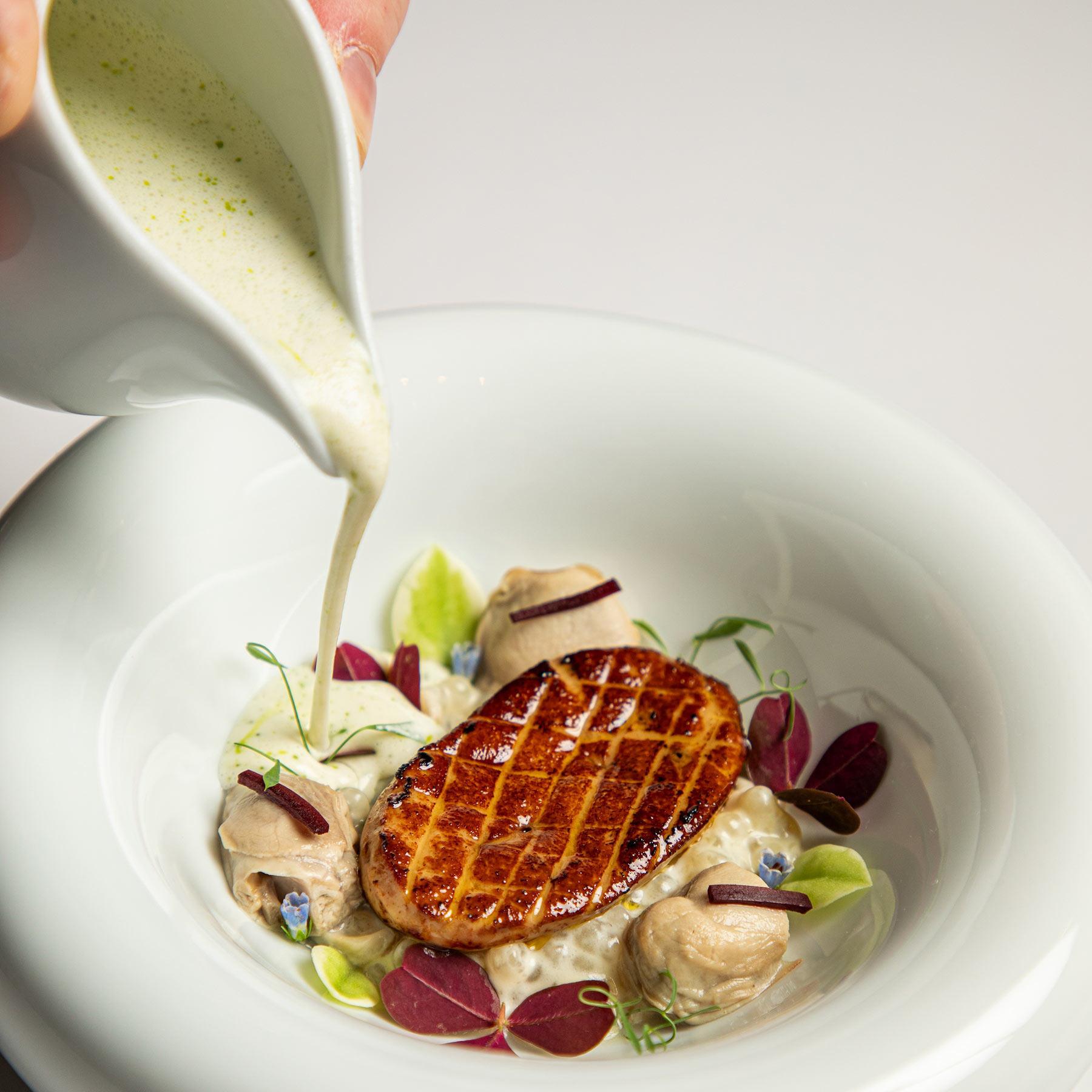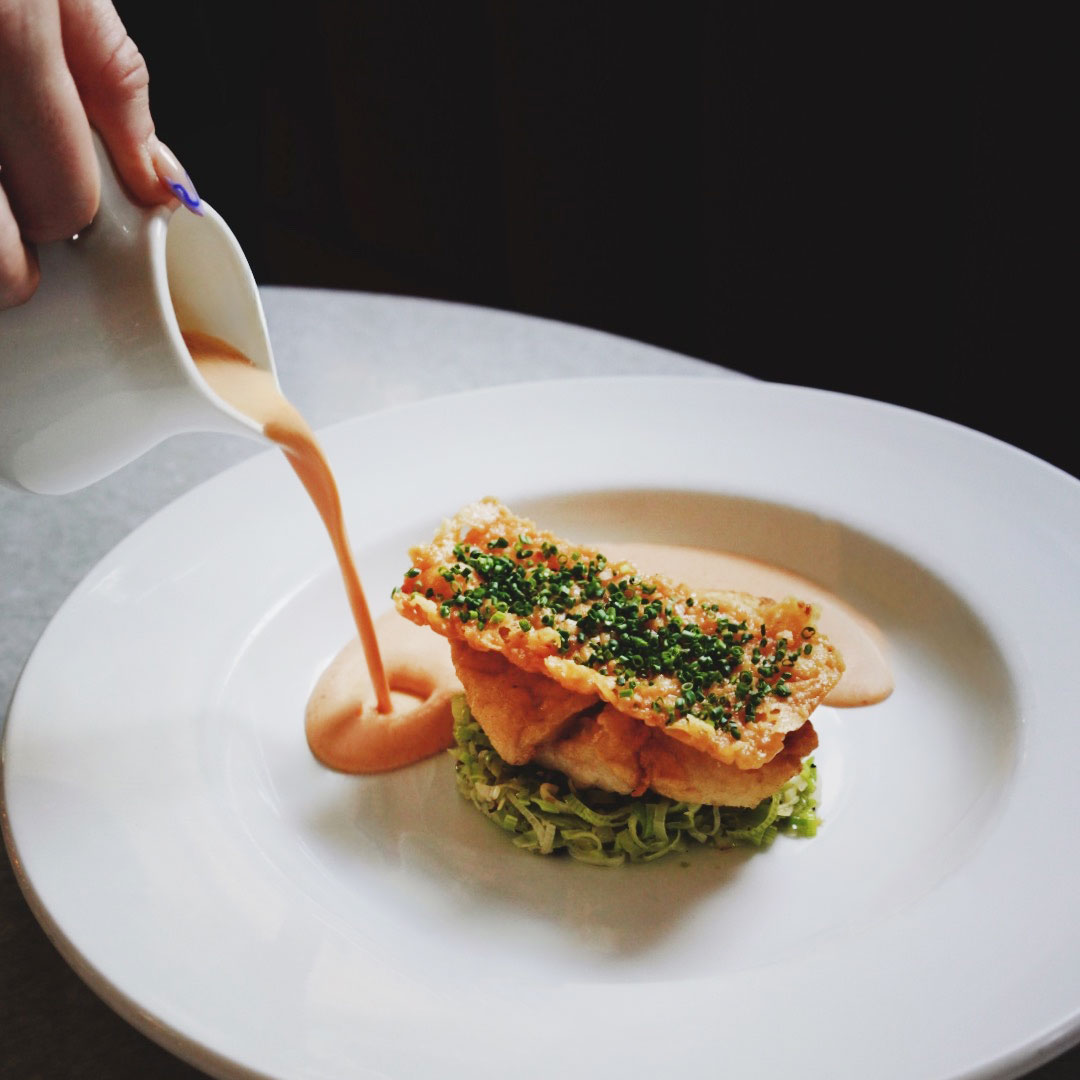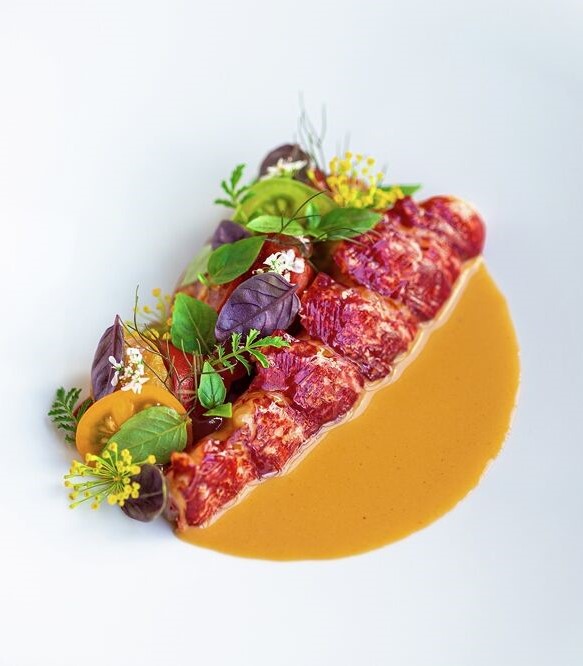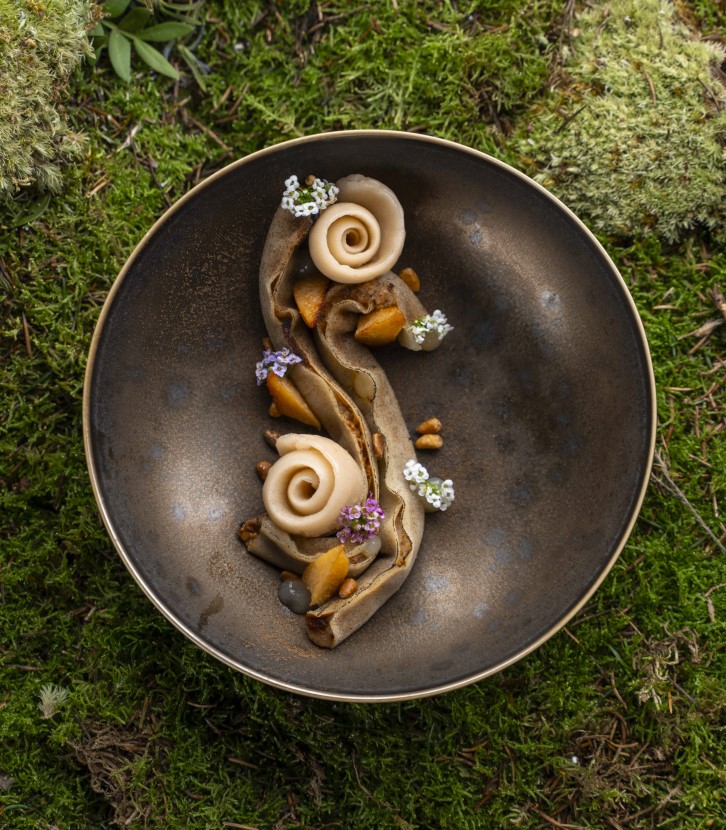Congratulations to chef Emma Bengtsson of Aquavit, the MICHELIN Guide New York 2023 Mentor Chef Award Winner, sponsored by Blancpain!
Many people educate themselves on the craft of cooking through cook books, culinary institutes, and experimentation. For Bengtsson, her grandmother's carrots were her muse. Normally something that would be thrown out at a restaurant, these carrots instead served as a source of inspiration and taught Bengtsson what it means to cook for the people you love.
That philosophy paid off in spades, because In 2014, the executive chef and Aquavit received Two MICHELIN Stars—with Bengtsson officially becoming the second female chef ever in the United States to receive that accolade. Now, the award winner is a champion for sustainability and mentoring the next generation of young chefs.
What inspired you to become a chef?
I was inspired by the food of the female role models in my life—my mother and grandmother were always cooking. I didn’t start thinking of cooking as a career until homeschooling classes in 7th grade.
Regardless, I’ve always loved to cook. My grandmother used to cook carrots in really salty water with real butter until they were slightly overdone. I remember they would just melt in your mouth. These are the carrots you would normally throw out at a restaurant after they’ve seasoned a brisket or something, but to me they’re the best. They taught me so much about what it means to be thoughtful about cooking and cooking for people you love.
How has your relationship with cooking changed as you progressed with your career?
When i was younger, I was more influenced by other people and other chefs. I was always trying to please and cook foods based on what I thought other people would enjoy. I think when you grow into your own role, you come to terms with cooking food that is closer to your heart and as a result you create dishes and push the dishes that you feel secure in and love to make, and trust more in yourself and your abilities.
What motivates you in the kitchen?
Everyone I’m working with motivates me. I’m always striving to become better, striving to lift up others, and challenge people and see them grow alongside me. The other big motivator is of course seeing the response from guests.
How important is it to train the next generation of cooks/culinary talents? Why?
It’s extremely important! Cooking is one of those professions that are slowly dying out. There's less and less people progressing into a career where pay is low and things are tough and demanding. That's why it's very important for us to be able to inspire the next generation of chefs who will take over.
How would you describe New York’s food scene?
Always evolving, always changing. New York is one of the most fun food scenes in the world. You can walk one block and eat cuisines from all over the world, and I think thats why so many chefs love to come to New York to live and cook.
What do you have for breakfast?
Swedish flatbread with cheese, cucumber and salt.
How do you utilize seasonal ingredients?
I try to work with seasonal ingredients where you highlight their quality without taking anything away from them. The best way to cook seasonal ingredients is to cook them very minimalistic and pure, let them shine on their own.
Do you cook at home, or do you leave work at work?
I mostly cook stews or soups on my days off. They're delicious and simple dishes that requite less clean up—truly a one-port wonder.
Favorite food-related show, book, program, etc?
I want to highlight The Flavor Bible by Karen Page and Andrew Dornenburg, and The Nordic Cookbook from Magnus Nilsson. Those two are always used by our team. My nephew and sister reminded me of Ratatouille, which is also always a favorite.




